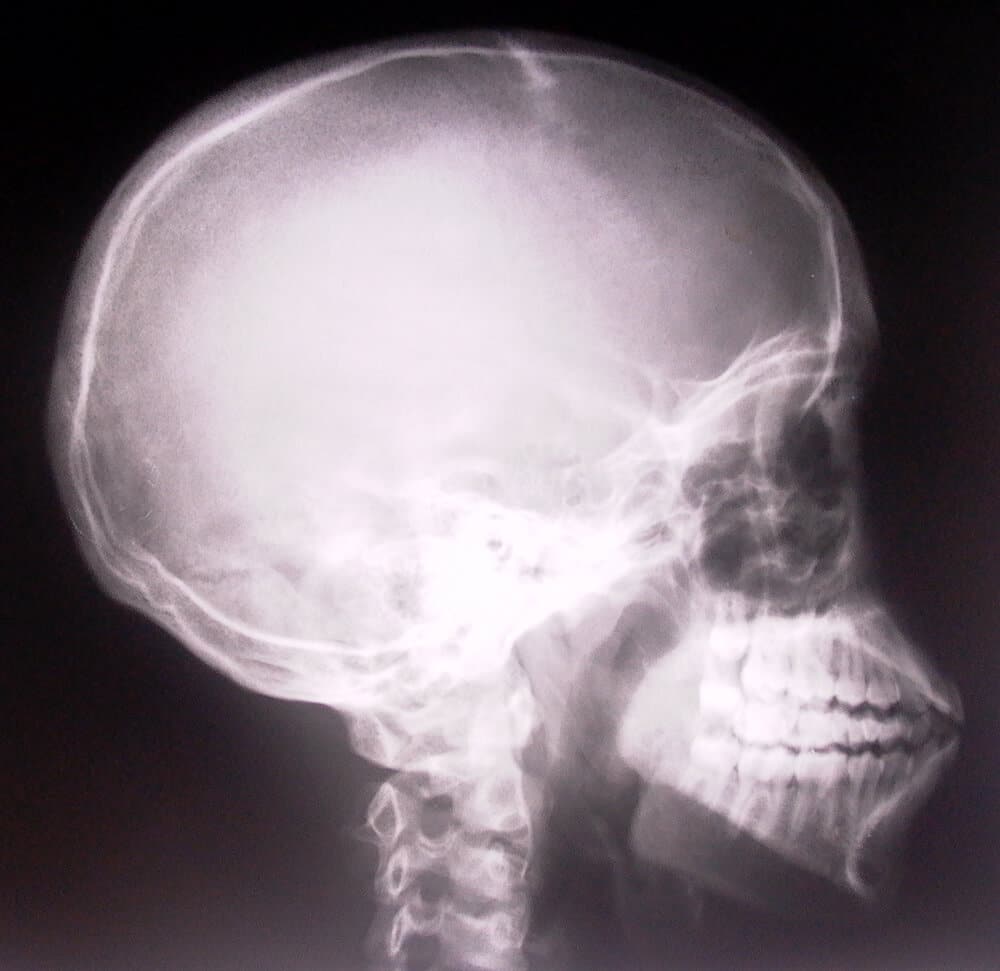What Are the Defining Factors of a Traumatic Brain Injury?

Traumatic brain injuries (TBI) affect nearly three million people in the United States every year. Assessing the severity of a TBI is challenging. A number of diagnostic tests are run to determine how the brain has been affected and what can be done to help the patient recover. Common tests include the Glasgow Coma Scale, speech and language testing, CT scans, MRIs, and intracranial pressure monitoring.
Head injuries should never be taken lightly. It’s important to seek medical attention immediately if you believe you’ve sustained any type of head or brain injury. To understand the defining factors of a traumatic brain injury, let’s take a look at how the injuries happen, the common types, the effects, and what recovery may look like.
How Does a TBI Happen?
The skull does a good job at protecting the brain from serious harm. Sometimes, however, injuries are severe enough that the brain is affected. The consequences vary greatly depending on the severity of the injury and the health and age of the person.
TBIs tend to occur for one of two reasons: 1) a blow to the head, or 2) violent shaking. Infants and children are more likely to sustain a head injury as a result of violent shaking. In adults, brain injuries are typically associated with motor vehicle accidents, falls, physical assaults, and sports-related accidents.
Common Types of Traumatic Brain Injuries
The type of TBI someone sustains is primarily dependent on the accident they’re in. The more force sustained to the skull, the more severe the injury is likely to be. The most common types of brain injuries include:
- Concussions. Concussions are common after car accidents because they occur when the head suffers a serious impact. As a result of the force, the brain hits against the walls of the skull. In most cases, any loss of function associated with a concussion is temporary. Severe or repeated concussions can result in permanent damage.
- Hematomas. A hematoma is a pooling of blood outside of the blood vessels. If one occurs in the brain, the consequences can be severe. Clotting can cause pressure to build inside the skull, resulting in loss of consciousness or permanent brain damage.
- Hemorrhages. A hemorrhage is uncontrolled bleeding. Bleeding around the brain is called subarachnoid hemorrhage, while bleeding within the brain tissue is intracerebral hemorrhaging. With bleeding around the brain, headaches and vomiting are common. If the bleeding is in the brain, pressure can build up over time.
- Edemas. Edema refers to swelling. When the brain swells, there’s only so much space inside the skull to accommodate it before damage occurs.
- Diffuse Axonal Injuries. This type of traumatic brain injury happens when the brain cells are damaged as a result of the brain rapidly shifting inside the skulls. The long connecting fibers in the brain are sheared as the acceleration and deceleration takes place. This is one of the most dangerous types of head injuries, as it often leads to permanent brain damage or death.
The Physical and Emotional Effects of Traumatic Brain Injuries
While a minor head injury may only result in symptoms like a headache, mild confusion, nausea, and temporary lightheadedness, the symptoms of severe brain injuries are longer lasting and more challenging to recover from. With any TBI, a patient could suffer from loss of consciousness, seizures, balance or coordination problems, abnormal eye movements, loss of muscle control, and serious disorientation.
The effects of a brain injury aren’t only physical. Depending on the injury, a patient could also experience difficulty controlling their emotions, anxiety, depression, and temper outbursts. If the injury is permanent, the psychological effects could change over time. Medications and counseling are useful tools to help a person cope with the injury symptoms.
Recovering From a Traumatic Brain Injury
The treatment for head injuries depends on the type of injury and how severe it is. While minor injuries are often treated with medications for pain and inflammation, more severe TBIs may call for surgery. Doctors might need to repair the skull, release pressure, or remove a hematoma. With any surgery, rehabilitation is needed to regain maximum brain function. The process is often long and expensive.
If you or someone you loved has sustained a TBI, it’s possible that you or the victim could suffer from the consequences for years to come. If you believe the injury was the result of someone else’s negligence, working with a personal injury lawyer could secure your future and ensure you have the means to recover as fully as possible. To learn more, contact us today.








